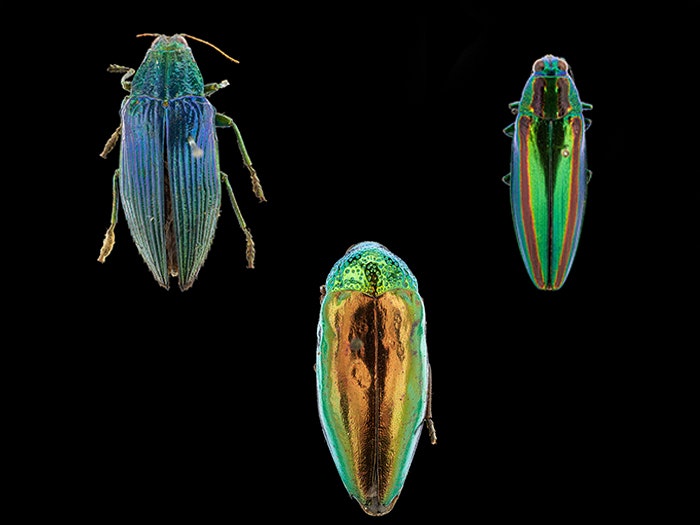
The secrets of an exoskeleton
Scuba tanks and ejector seats were invented by bugs long before humans thought of them. Excellent exoskeletons come in every shape, size, and colour imaginable.
Free museum entry for New Zealanders and people living in New Zealand
Open every day 10am-6pm
(except Christmas Day)
Free museum entry for New Zealanders and people living in New Zealand
You name it, bugs can do it. Over millions of years, they’ve adapted to make the most of every habitat on Earth. We’re only just beginning to discover their secrets.
Some strike with venom, some dazzle with display. Some are masters of flight. Some come together in complex swarms, and some produce super-strong silk. All have exoskeletons, and all are incredible, beautiful bugs!

Scuba tanks and ejector seats were invented by bugs long before humans thought of them. Excellent exoskeletons come in every shape, size, and colour imaginable.
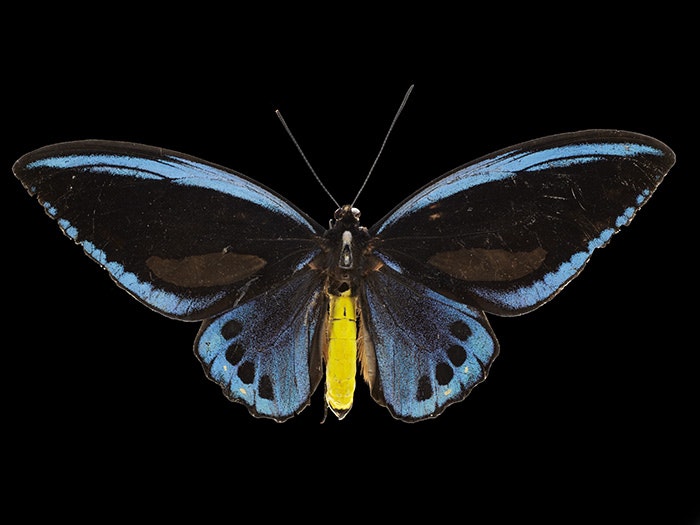
Beautiful displays help bugs attract mates, while crafty camouflage helps them avoid predators – and then there’s some downright devious deception!
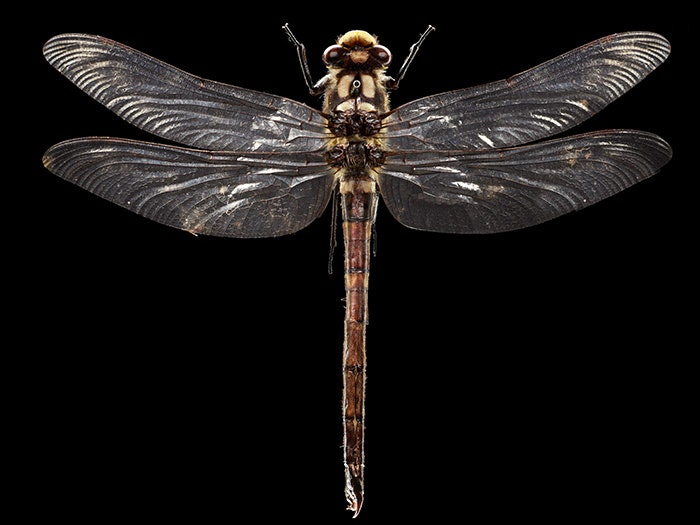
Delicate but powerful wings give bugs impressive manoeuvrability, long-distance flight, and speedy escapes. There’s more than one way to fly with Bug Airlines.
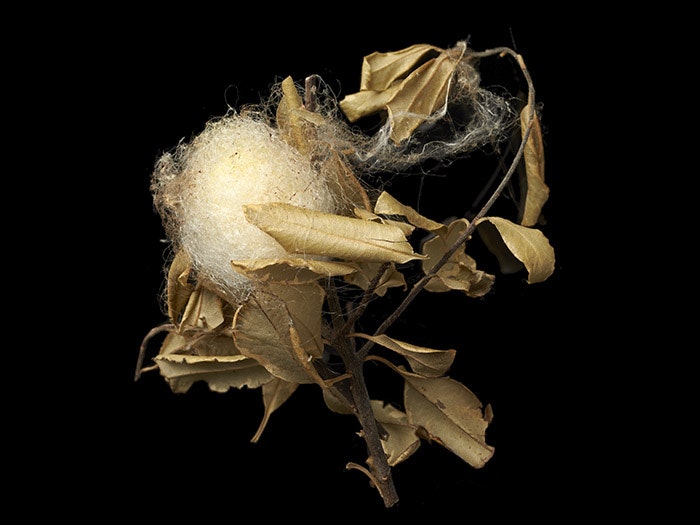
Silk forms protective cocoons, super-strong webs, and of course beautiful cloth in the hands of humans. But what other secrets does it hold?
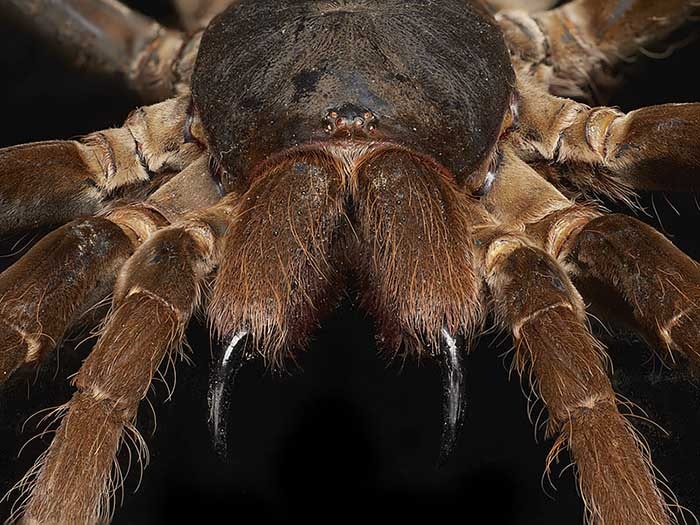
Venomous bugs use stings, bites, and injections in attack and defence. They hurt, paralyse, and kill. But how might we use them in medicine?
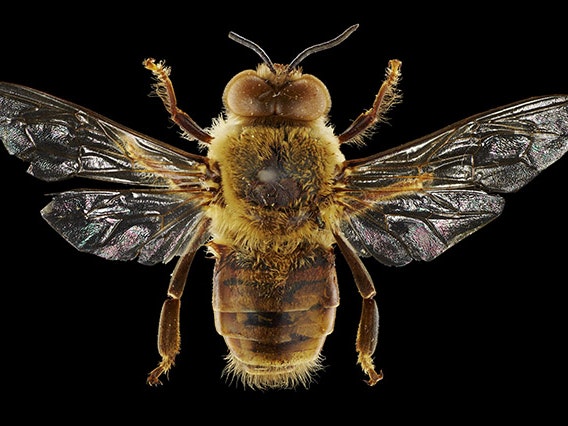
Bugs that work together really make an impact. Complex societies form efficient colonies, and migrating bugs gather in clouds that darken the skies.